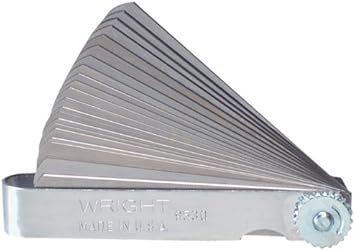For my 99 Camry 5S-FE, do I set the NGK Laser Iridium 6741 IFR6E-11 gap to 0.044" as specified on NGK's website for my car? The Camry Owner's Manual specifies 0.043" for the double ground BKR6EKPB-11.
How much can 0.001" gap affect?
![317790 317790]()
![317791 317791]()
![317792 317792]()
How much can 0.001" gap affect?






